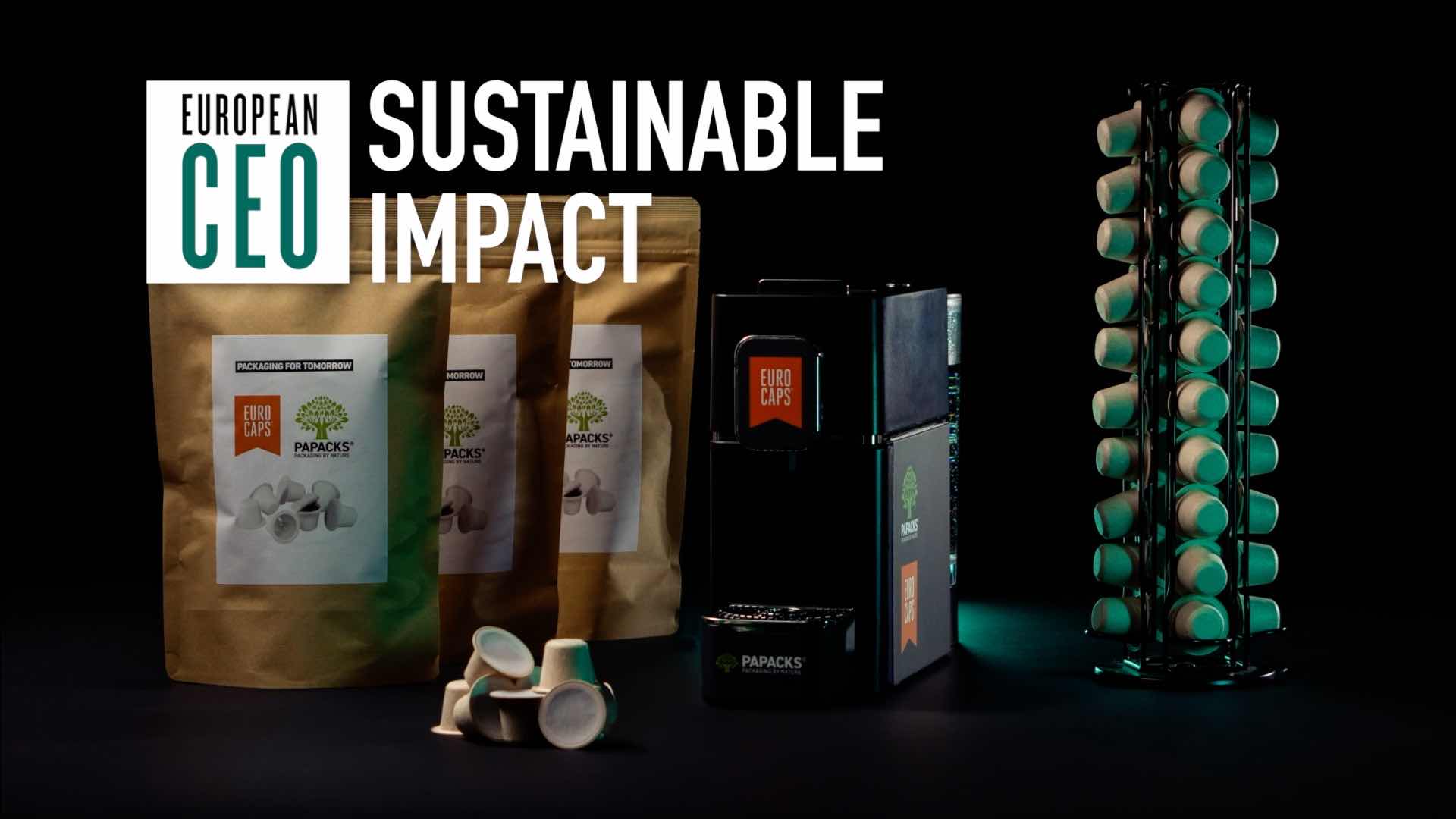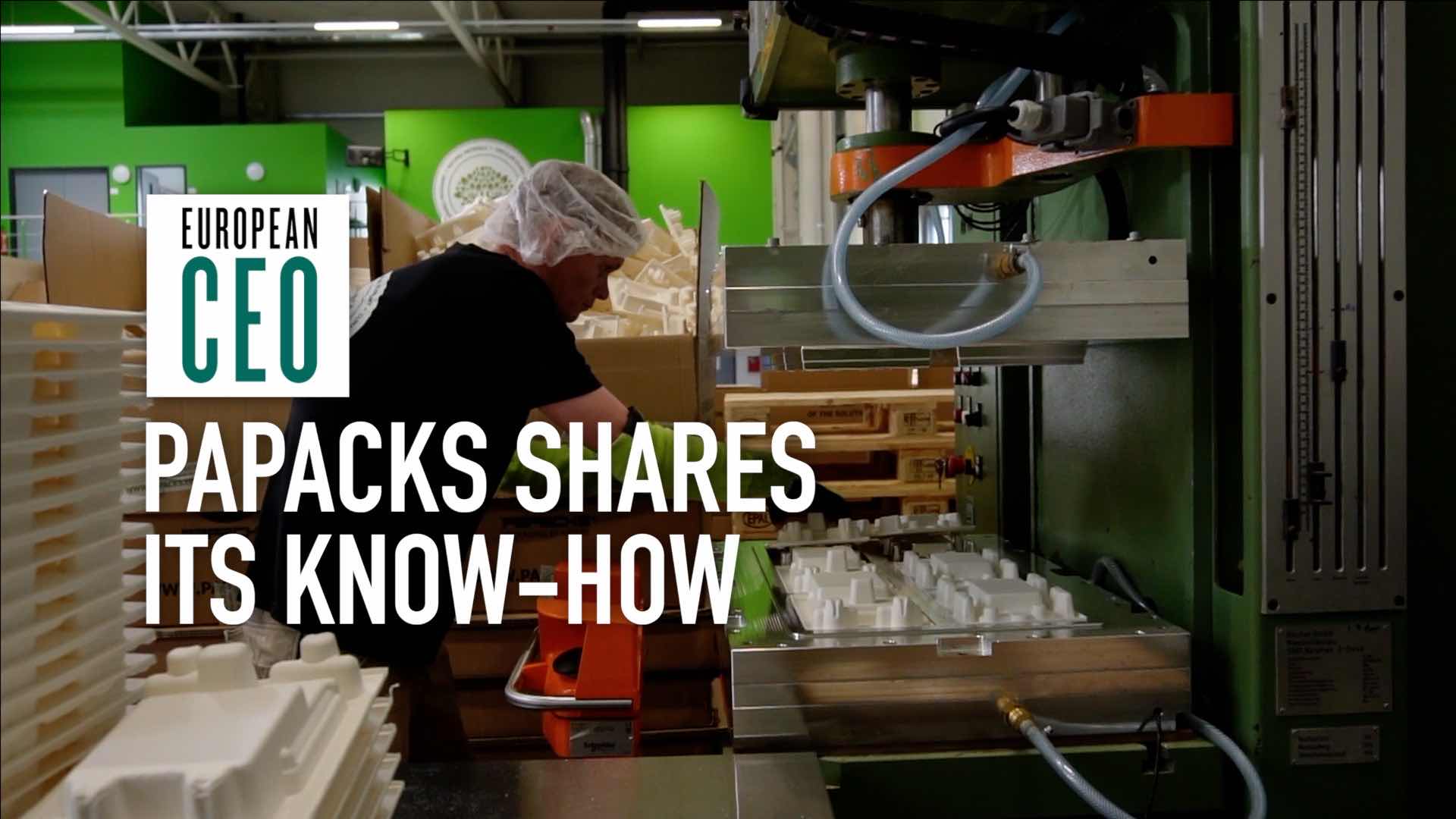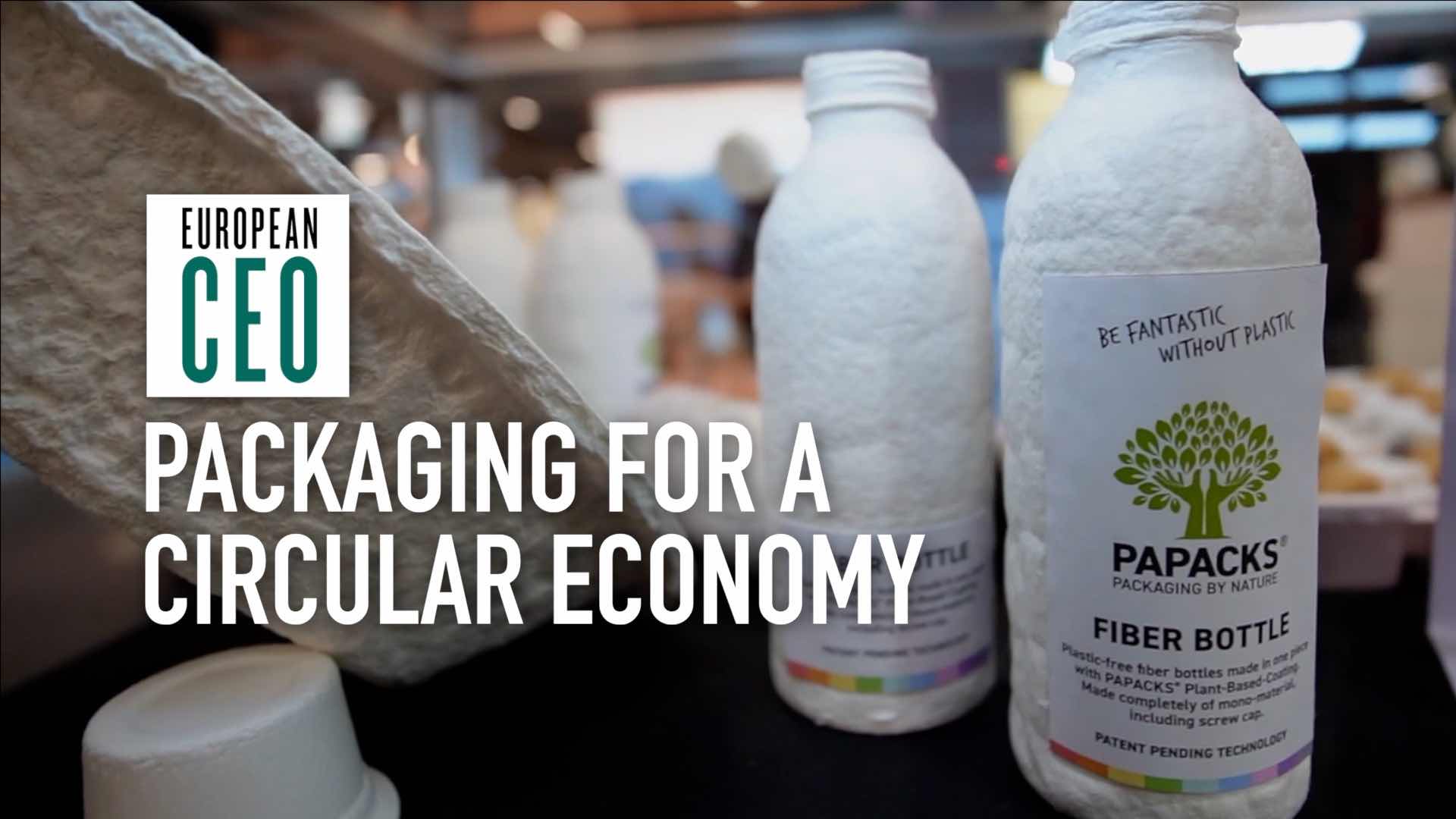Open innovation: the answer to slow pharmaceutical productivity
Being more open and collaborative is helping the pharmaceutical industry address a slowdown in R&D, says Dr Harren Jhoti
Transcript
Bringing a new drug to market is costly and time consuming, so finding new ways to develop medicines is vital. Dr Harren Jhoti, President and CEO of Astex Pharmaceuticals, explains how pharmaceutical companies are embracing the ‘open innovation’ paradigm: partnering with others to identify innovative new treatments and during costly, later stages of drug development.
European CEO: Bringing a new drug to market is costly, time consuming, and the majority don’t make it all the way; which is why finding new ways to develop medicines is so vital.
With me is Dr Harren Jhoti from Astex Pharmaceuticals.
Harren, the pharmaceutical industry has seen a significant decline in productivity over the past 25 years – why is this?
Dr Harren Jhoti: That’s right. There has been a fairly significant reduction in productivity. Now, I think there are several reasons for this. It’s quite a complex situation, but if I was to draw out one or two; I think there is quite a clear drop in output from the R&D groups. In the 70s and 80s, R&D groups were generating a lot of new medicines. So clearly there is an issue with R&D.
Another element here is probably the clinical regulatory bodies. They’ve probably become stricter in the level or the type of drugs which get approved for the market. And then I think finally, it is quite clear also that the level of innovation has dropped in the industry and that is probably again due to the pharmaceutical companies becoming really very large. And innovation tends to flourish better in smaller organisations.
European CEO: You are involved in a project called ‘open innovation’ – how is this set up to further developments?
Dr Harren Jhoti: ‘Open innovation’ is a concept, which actually dates back to the 60s. And in essence it allows an organisation to import, then export expertise, and knowledge, with the purpose of increasing or fostering internal innovation and maximising the commercial potential for the organisation’s products – if it is through a company for example. So I think, ‘open innovation’ is really now something, which the whole industry – the pharmaceutical industry – is really exploring and experimenting with.
In the context of the pharmaceutical industry, you see large firm pharmaceutical companies such as Astra Zeneca here in the UK relocating their R&D base from the north of England to Cambridge. And largely, to be able to operate in an ‘open innovation’ manner with the local university: obviously Cambridge, a very famous university; and the biotech sector. So the whole Cambridge cluster is actually a great example of an open innovation life sciences cluster.
European CEO: Funding is of course a challenge for pharmaceuticals – how do you manage this and how much of a set back could you say is it for innovation?
Dr Harren Jhoti: Yeah, I mean funding is obviously a critical need; it is very expensive to get a drug from discovery all the way to the market place.
Estimate range from $1-2bn. So for Astex – our funding needs when we started the company back in 1990, we raised around £15m from venture capitalists both from the US and in Europe. But later on, as we were able to develop our drugs, we needed to partner with the largest pharmaceuticals companies, who will then pay for late stage development, which is usually the most expensive part.
But I do think that there is still a key issue: although the environment has improved in the last 20 years in the UK for biotech, now the issue really is the lack of appetite from the public market for biotech stock. And that maybe is a kind of cultural difference between the US and let’s say the UK.
European CEO: What breakthroughs have you seen recently and what innovations are you aiming for in the future?
Dr Harren Jhoti: I mean, I think we are sitting here at this stage in the trajectory of the pharmaceutical industry, in a very good place, because there have been a lot of biomedical breakthroughs.
Twenty to thirty years ago, we had the human genome being sequenced and that has now finally led to a lot of opportunities to discover new drugs for different diseases. And more specifically for Astex, we focus on oncology, in cancer treatments, so the whole immunotherapy in the immuno-oncology area, is actually very exciting. But actually Astex is a world leader in technical fragment-based drug discovery and that, is a new way of generating small molecule drugs, and that is again, another major development we fill.
European CEO: Pharmaceutical companies do sometimes have a strained reputation in terms of public perception – do you think the government should do more to support the industry?
Dr Harren Jhoti: The government clearly has a role. What I would say is that in the last 10-20 years, the different governments, the different political colours above all, have been pretty supportive. And I think we see a lot of investment from government initiatives.
The biomedical catalyst fund is also a board member of the BIA, which is a trade organisation. And the biomedical catalyst fund is something we push the government to continue to provide. So I think that the government does do a lot of positive things with this sector – I think the industry also has to speak up.
We made a lot of great medicines, we’ve treated a lot of terrible diseases; and I think sometimes; we can maybe be a little bit more vocal about that, ourselves.
European CEO: And finally, how do you see R&D evolving in the future?
Dr Harren Jhoti: Well, I actually see R&D from a very optimistic perspective. I think we are in a very innovation rich culture now: the ecosystem with this new framework of open innovation, of working with large pharma, small biotech, and academic centres, I think that has allowed us to flourish. And I think this was the main reason why Astex was acquired in 2013 for $900m by Otsuka Pharmaceuticals and one of the key reasons they acquired us, was because they could then have a foothold, in an innovation cluster, in Europe.
European CEO: Harren, thank you.
Dr Harren Jhoti: Thank you.


 Papacks CEO: ‘Working with sustainable impact makes people happy’
Papacks CEO: ‘Working with sustainable impact makes people happy’ Papacks goes global by sharing molded fiber technology in licence model
Papacks goes global by sharing molded fiber technology in licence model Think circularity: Molded fiber is the sustainable future of packaging
Think circularity: Molded fiber is the sustainable future of packaging